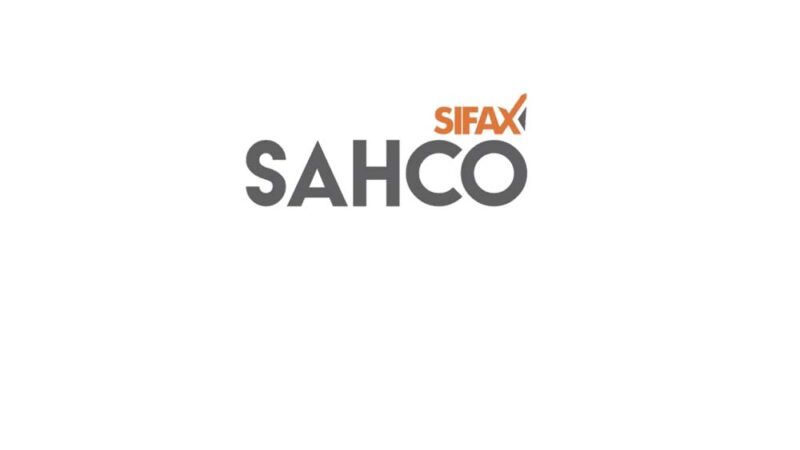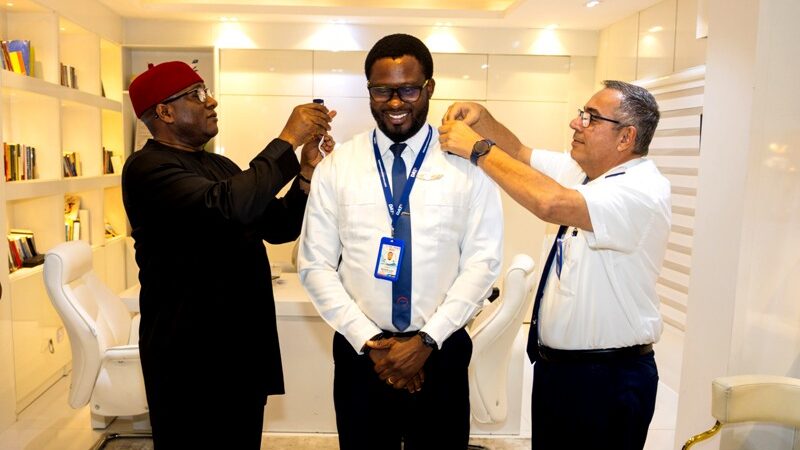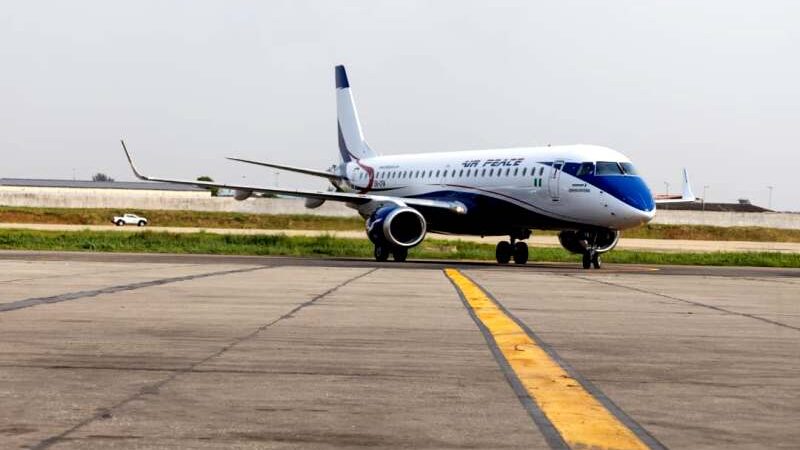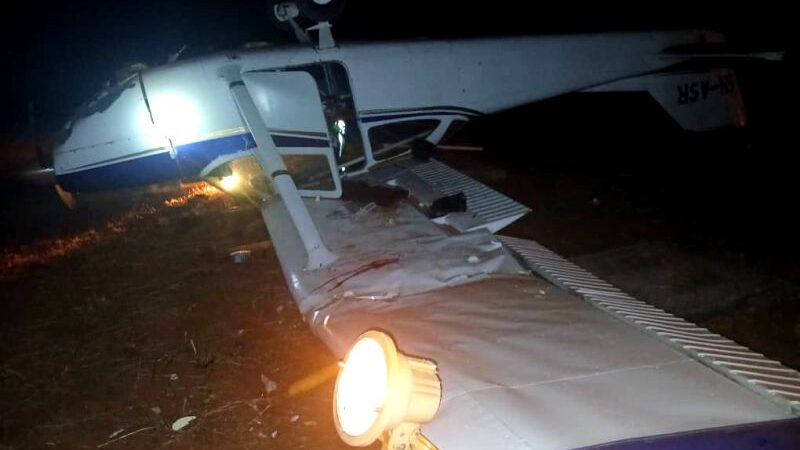AFRAA Says African Airlines Will Perform Better In 2023 Than 2022
African Airlines Association (AFRAA) has said in a press release that African airlines will perform better in 2023 than they did in 2022.
“Though full-year estimated revenue gap is yet to be computed, it appears 2023 would be a better year compared to the prior year. The 2022 full-year cumulative airlines revenue gap was US$3.5 billion for all African airlines compared to 2019,” states AFRAA.
The association further says “2023 is witnessing a narrowing of the airline revenue gap attributed to Covid-19 compared to 2022. In the first 3 months of the year, African airlines missed the levels attained in a similar period in 2019 by US$0.3 billion. This is expected to further narrow in the second quarter to US$0.2 billion, according to AFRAA data.”
According to AFRAA, “In August 2023, traffic carried by African airlines reached 98.4% of the 2019 level. Domestic market share was estimated at 34%, intra-Africa at 29%, and intercontinental at 37%.
The total number of intercontinental routes operated by African airlines exceeded pre-COVID levels since October 2022. In some major airports (Johannesburg, Nairobi, Addis Ababa, Lusaka, Cairo, Casablanca, Abidjan, and Lomé) intra-Africa connectivity has reached or exceeded pre-Covid level since December 2022.
The Jet A1 price continues the upward trend, going up by over $22 in one month. The global weekly average jet fuel price during the week ending 25 August 2023 was up 2.9% at $126.37/bbl. In July, the average weekly price was $103.64/bbl.”
On blocked funds, “the industry’s blocked funds reduced marginally in July to $2.200 billion compared to $2.274 billion in June. Some 22 countries account for the blocked funds globally. 14 of the blocked funds countries are in Africa, accounting for about 70% of total blocked funds. AFRAA has requested meetings with some central bank Governors and will soon meet them to agree on a solution to this recurrent problem as part of engagements to have the funds released.”
AFFRA called on airlines operating in Canada to familiarize themselves with details of the recently passed Canada amendments to Air Passenger Protection Regulations to avoid failing victims.
AFRAA says the “amendments to ICAO Annex 9 became necessary following the disruption to the aviation business during the Covid period. To avoid a repeat of the facilitation lapses that occurred at the time, Amendment 29 sought to introduce new guidelines on passenger name record (PNR) handling and health protocols while reinforcing the requirements for handling passengers, especially those with reduced mobility, hearing and visual disabilities.”






